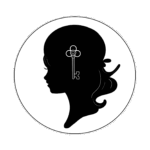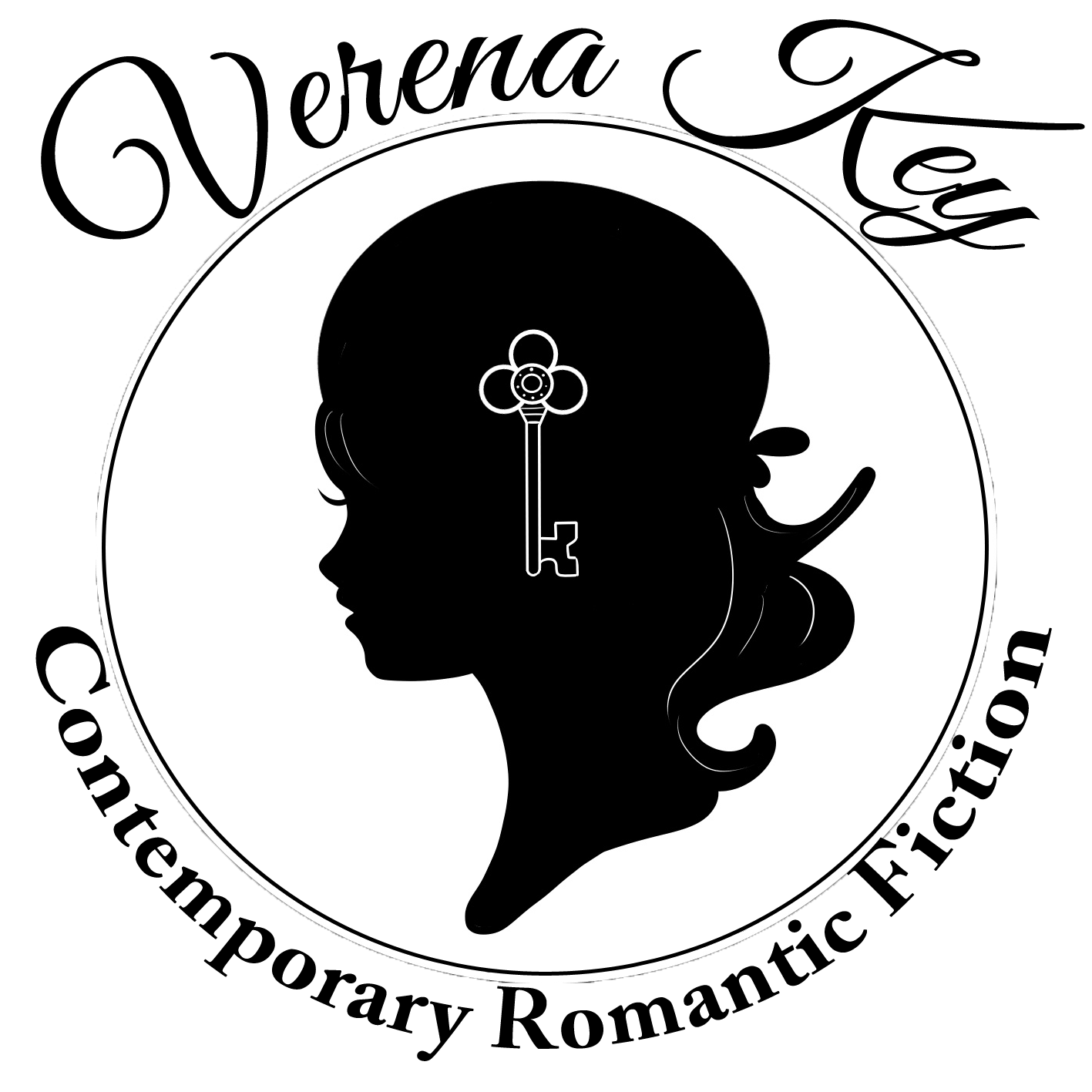
July is well on its way and for me, July feels like the end of summer. Wait, I hear you say, summer has only just begun, and July is the most summery of all summer months, so how can it feel like the end of summer?
Well, I have a confession to make – besides being an author, a bookworm, and a blogger, I’m also a passionate beekeeper. And for bees in central Europe, July is pretty much it when it comes to summer. In two weeks I’ll be harvesting the last of honey and then it’s all about preparing the bees for winter.
As I said, I’m a passionate beekeeper, and that’s because I passionately hate bees. You’d probably hate them too if you’d been stung hundreds of times like me. My beekeeping efforts can be reduced to me trying to get some honey out of the hives while avoiding being eaten alive by their occupants. Every year I tell myself it is the last one I’m keeping any bees – and then, spring comes, they start flying around looking cute, pollinating stuff, and I decide, one more year.
It’s been like that for more than a decade now and after a lot of experimenting, I developed a formula for how to get a lot of honey and keep healthy bees with a minimum of effort. I even wanted to write a book about it and I still might, if my romance novels allow me. It will begin with the first step: get your partner to help you and then slowly let them do most of the work.
But, being intimately acquainted with the life of bees it grates on my nerves when I encounter the expression “Queen Bee” connected to women in a position of power who behave as if they were more important than other women. It implies someone spoiled, someone who rules others and doesn’t do it kindly. However, the whole idea that a queen bee rules the beehive is entirely wrong. A hive is not a monarchy – it’s a democracy and a ruthless one, especially for male bees and the queen. If you want to know more about it, try reading “Honeybee Democracy” by Thomas D. Seely.
So, to debunk this nonsense, I’ll describe in a couple of sentences the true life of a queen bee. Her youth is a race against time – if she is among the first to be born, she’ll have a chance to kill all her other sister queens and remain the only one because, as we all know it, there can be only one. Then she’ll embark on a perilous journey to a secret place, known only to the chosen few, where, high above the ground, she will mate with up to twenty males, one after the other. Her partners will all die following the mating, dropping down completely exhausted (that’s how good the sex is). Thus burdened by their seed, the queen will return to her hive, where she’ll remain for the rest of her life, in complete darkness, never to see the sun again, giving birth every two minutes. Her whole life will be controlled by her daughters – they’ll feed her, clean her, tell her if she’s to give birth to a daughter or a son, or, at last, to her successor. Maybe one early summer she’ll get carried away by a rebellion and leave her home in a swarm to find a new habitat. But eventually, she’ll live through many seasons, while her short-lived daughters die around her or get lost on their foraging trips. When she grows old and cannot fulfill her childbearing duty any longer, her daughters will raise her substitute, and she, their old, spent mother will starve in one corner of the hive forgotten by everyone – a queen of everything and of nothing.
Also, honey is actually the vomit of bees.
So, after we’ve clarified these important facts, we might agree that the life of a queen bee would be good material for a romance novel. A reverse harem, dark, suspense, and a generally weird romance novel, so maybe it’s better not to go there. But anyway, the next time someone describes a woman as a Queen Bee to you, feel free to quote me and ask them if they’re sure they know what they’re talking about.

